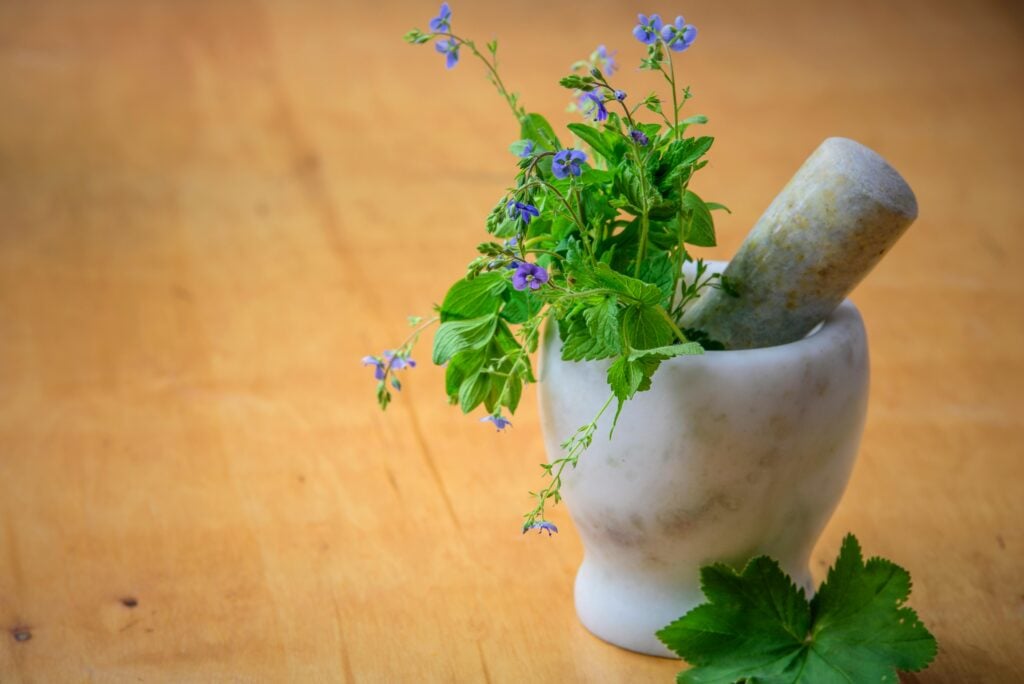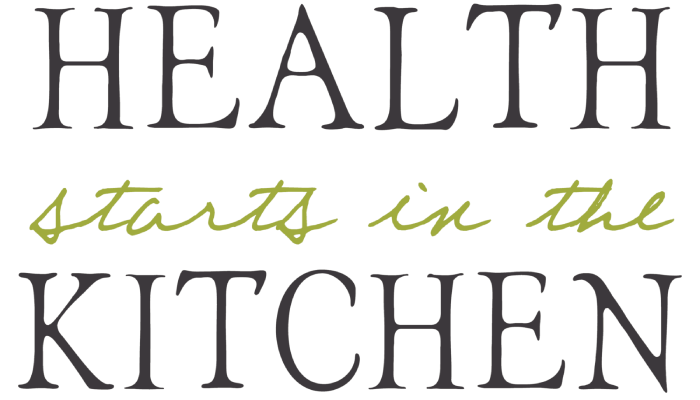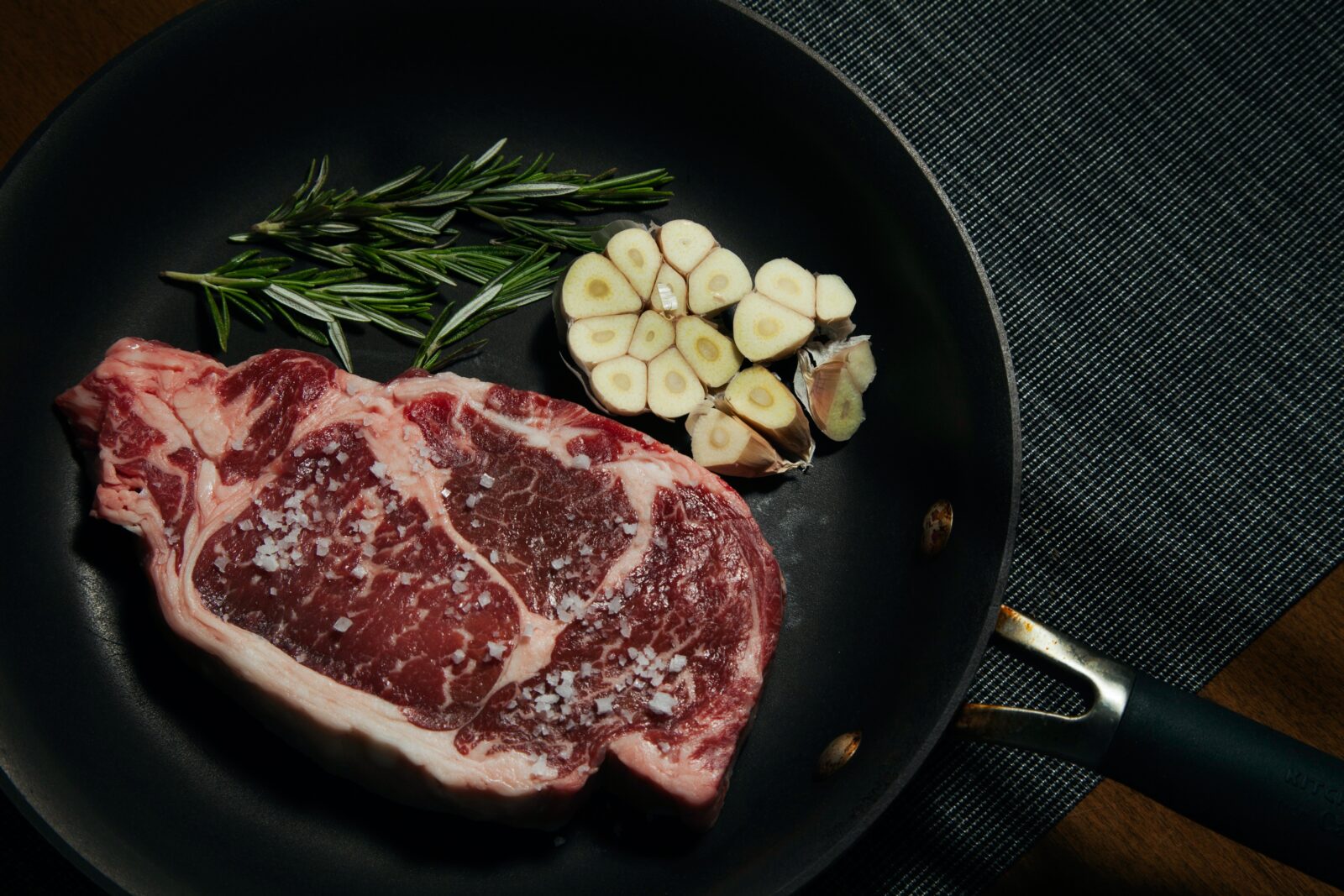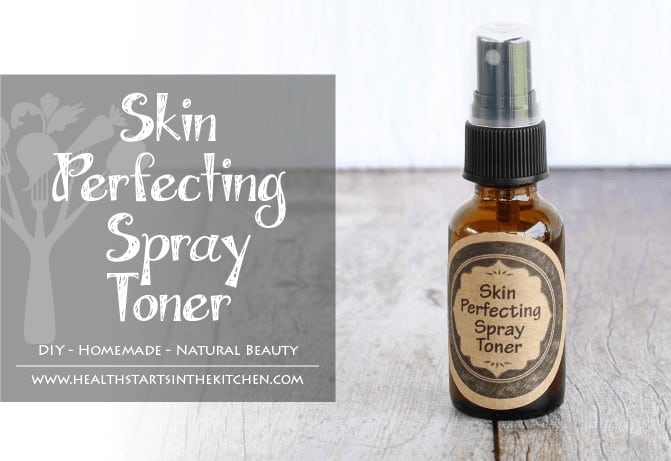From Seed to Shelf: How Does Lab Testing Trace Your Herbal Supplement’s Journey?
In the vast and growing field of herbal supplements, understanding the journey from seed to shelf is crucial for consumers seeking quality and efficacy in their natural health products. This journey begins with acknowledging the different types of strains and finding their varied effects and uses in wellness. The process involves meticulous cultivation, careful selection, and rigorous testing to ensure safe and beneficial consumption.

Photo by PhotoMIX Company from Pexels
The Importance of Lab Testing Should Not be Minimized
Lab testing is a cornerstone in tracing an herbal supplement’s journey, acting as a quality assurance checkpoint at various stages of production. It verifies that the product contains exactly what it claims and is free from harmful contaminants. This is especially significant in light of incidents where supplements have been found to contain little to none of the herbs listed on their labels, instead harboring fillers like rice or asparagus or even potentially dangerous substances not disclosed to consumers.
Identifying What’s Really in Your Supplement
DNA barcode testing, while a topic of debate for its efficacy in identifying processed extracts, represents one of the methods employed to ascertain the identity of the ingredients in your supplements. Advanced techniques like high-performance liquid chromatography (HPLC) and high-performance thin layer chromatography (HPTLC) are more adept at fingerprinting botanical extracts, ensuring the presence and quantity of the advertised herbs, including the verification of the specific kratom strains to ensure they match the product labeling.
Tackling the Challenges of Adulteration
The issue of adulteration – the addition of substances not listed on the label – poses a significant risk to consumer safety. Labs play a critical role in detecting these unwanted additions, whether they be other plant materials, pharmaceutical compounds, or contaminants like heavy metals. The rigorous testing regime aims to protect consumers from the potential dangers posed by these pollutants.
From Farm to Pharmacy
An herbal supplement’s journey doesn’t start in the lab but at the farm where its ingredients are grown. Quality begins with the seed and is influenced by farming practices, including the choice between organic and conventional agriculture and the commitment to sustainable and responsible cultivation methods.
Ensuring the Purity of Ingredients
The traceability of ingredients is essential in the herbal supplement industry. Knowing where an herb comes from, how it was grown, and who handled it along the way contributes significantly to the final product’s integrity. This transparency allows consumers to make informed choices about the supplements they trust for their health needs.
Sustainable and Ethical Sourcing
Beyond the ingredients’ quality, sustainable and ethical sourcing practices reflect the broader impact of herbal supplement production. Engaging with farming communities in a way that supports environmental conservation and social development is becoming increasingly important to conscientious consumers.
The Final Product: Safety and Efficacy
Once the herbs are harvested, processed, and tested, the final product undergoes a series of evaluations to confirm its safety and efficacy. This includes further lab testing to ensure that the supplement meets stringent standards for purity and potency before it reaches the shelves.
Continuous Monitoring for Consumer Safety
Even after an herbal supplement is made available to consumers, the process of ensuring its safety and quality doesn’t stop. Post-market surveillance and adverse event reporting play pivotal roles in identifying any potential issues that might arise from the product’s use, ensuring that remedies can be swiftly implemented.
Empowering Consumers with Information
The power lies in the hands of the informed consumer. Understanding the journey from seed to shelf, as well as the rigorous testing and ethical considerations involved, allows individuals to choose supplements that align with their values and health goals, ultimately fostering a healthier relationship between people and the natural world.
Technological Integration: Enhancing Traceability and Transparency
The integration of technology into the journey of herbal supplements is revolutionizing how consumers trace their products’ origin and authenticity. Blockchain technology, for example, offers an immutable ledger that records every transaction or movement of goods from the farm to the consumer, ensuring unparalleled traceability and transparency. QR codes on packaging allow consumers to access a detailed history of the product, including cultivation details, lab test results, and even the ethical practices of the sourcing farms. This technological adoption fortifies consumer trust and pushes manufacturers towards higher accountability and quality control standards. By leveraging technology, the herbal supplement industry is making significant strides in ensuring that the products on the shelf are exactly what they claim to be, fostering a new era of informed consumerism.
Global Standards and Harmonization: Elevating Quality Worldwide
As the herbal supplement market becomes increasingly global, the need for standardized quality and safety measures has never been more critical. Harmonizing testing methods and quality standards across borders can play a pivotal role in elevating the overall quality of herbal supplements. International collaborations among regulatory bodies, such as the World Health Organization (WHO) and the International Organization for Standardization (ISO), are crucial in developing and implementing these global standards.
This concerted effort ensures that regardless of where an herb is grown, or a supplement is manufactured, it adheres to a set of universally accepted quality and safety benchmarks. Such global standards protect consumers and facilitate smoother trade, reducing barriers caused by disparate national regulations. In this interconnected world, harmonizing standards is a crucial step towards ensuring that all herbal supplements, including those containing various kratom strains, are safe, effective, and of the highest quality, regardless of origin.
Consumer Education and Engagement: Building a Knowledgeable Community
The final but equally critical piece of the puzzle in the journey from seed to shelf is consumer education and engagement. Empowering consumers with knowledge about the origins, benefits, and potential risks of herbal supplements, including the nuances between different types of kratom strains and other herbs, is essential for fostering a community of informed users. Through workshops, webinars, and informative content, consumers can learn about the importance of lab testing, the significance of sourcing, and the impact of sustainable practices on the products they consume daily.
Moreover, engaging consumers in conversations about the ethical considerations of herbal supplement production encourages a more conscientious approach to consumption. Social media platforms and interactive forums offer avenues for consumers to ask questions, share experiences, and provide feedback directly to brands, creating a feedback loop that benefits both parties. This level of engagement educates the consumer and holds companies accountable, pushing them towards continuous improvement in their products and practices.
The Bottom Line
The path of an herbal supplement from its origins as a plant to its final form as a part of your wellness routine is intricate and fraught with potential pitfalls. Lab testing emerges as a hero in this narrative, ensuring that each step of the journey contributes to a product that is safe, effective, and true to its labeling. As consumers grow more savvy and demand transparency, especially when it comes to understanding the different types of kratom strains and other herbal products, the industry’s commitment to these principles will only strengthen, leading to a future where the supplements we trust are as beneficial as they are pure.






